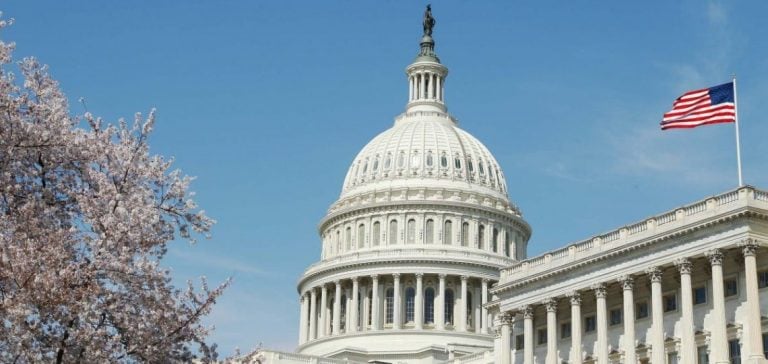Hybrid Power Solutions, specialists in portable power solutions, recently won a test order from a US government agency. The latter, focused on emergency management, wishes to evaluate the capabilities of Batt Pack Energy (BPEs) systems in critical operations.
This initiative reflects a growing need among public institutions for sustainable energy solutions, particularly in rapid response sectors.
Batt Pack Energy systems offer an alternative to traditional generators, often powered by fossil fuels.
These portable, modular batteries are designed to meet immediate energy demand, while remaining easily deployable in the field.
The order, facilitated by a distributor partner, marks a significant step forward in the industry’s efforts to modernize energy supplies for public agencies.
A turning point for emergency power supplies
The choice of a solution such as Batt Pack Energy by a US agency highlights the changing energy requirements in the field, particularly in contexts where power supply is critical.
The batteries developed by Hybrid Power Solutions offer a major advantage: total absence of emissions, making them compatible for use in sensitive or closed environments, where air quality and safety are paramount.
This order could mark a strategic shift in the way public agencies perceive energy.
As well as being mobile and easy to use, these systems reduce the risk of energy interruption.
Although this initial order is only a test phase, it could pave the way for larger volumes, particularly if the evaluation proves conclusive.
Technical features and opportunities for the sector
Batt Pack Energy systems are characterized by their compactness, durability and ability to operate in harsh environmental conditions.
Their high degree of modularity also means they can be used in a wide variety of applications, whether supplying power to communications devices, medical equipment or other critical equipment.
This flexibility makes them an attractive product for agencies with diversified energy requirements.
Beyond the technical benefits, this order represents an important market test for Hybrid Power Solutions.
The emergency power solutions sector is undergoing rapid change, with increasing pressure on traditional players to offer alternatives to fossil-fuelled generators.
Government agencies, like private companies, are increasingly constrained by demands for sustainability and operational efficiency.
Outlook for portable energy solutions
The integration of solutions like those from Hybrid Power Solutions could redefine energy standards for emergency response in the short to medium term.
The development of portable, low-carbon technologies would enable public agencies to respond more quickly to emergency situations while optimizing their resources.
If the initial order turns into a long-term partnership, this could create new opportunities for other market players, particularly in the defense and emergency services sectors.
The recent amendment to the company’s convertible bonds, extending maturity to November 16, 2024 and lowering the conversion price to $0.05 per share, could also indicate a desire to strengthen the company’s financial flexibility.
This type of financial readjustment enables Hybrid Power Solutions to better align its long-term objectives with investor expectations, while ensuring the necessary room for maneuver to pursue its development.
This test order from Batt Pack Energy illustrates the new dynamics in the field of portable energy supply.
With government agencies increasingly looking for robust, reliable and easily deployable solutions, the growth prospects for these technologies are numerous.
However, energy players will have to remain vigilant to governments’ operational requirements and the changing needs of end-users, particularly in terms of decarbonizing supply processes.





















